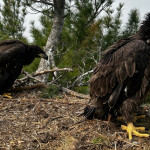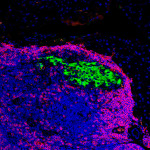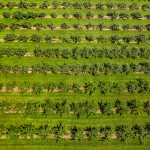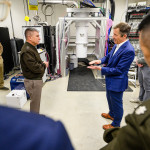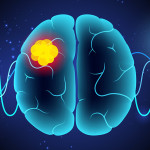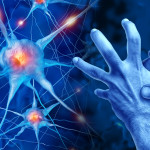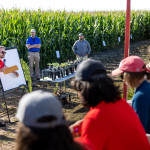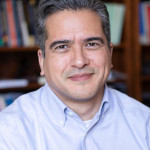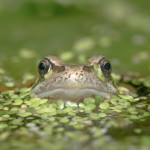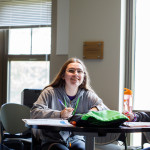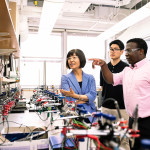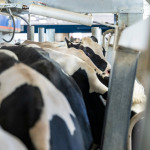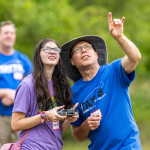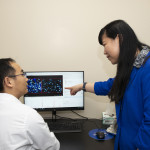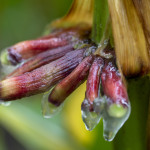Tag Federal relations
UW Sea Grant tracks PFAS and other contaminants in bald eagles
Supported by federal funding, the Great Lakes Eagle Health Project investigates how pollutants are affecting the animal’s health — and the environment at large.
UW fostering closer research ties with federal defense, cybersecurity agencies
UW–Madison leaders seek to expand partnership with federal agencies to boost dual-use research funding.
Federal shutdown update
Campus leaders are monitoring developments and potential impacts and will continue to communicate with the community and shared governance.
Growing the future
UW–Madison’s research stations help Wisconsin farmers stay on agriculture’s leading edge.
A UW–Madison professor is looking for ways to boost trust in science and public health. Cuts to federal funding are making that work even harder.
UW–Madison professor Michael Xenos and his colleagues are working to ensure vital information is clearly and effectively communicated to people who might not have the most confidence in public health information.
‘Almost magical’: Wisconsin Youth Leadership Forum empowers young people with disabilities
The School of Education’s six-day residency program instills leadership, self-advocacy and career awareness.
‘We are here’: New ad highlights national reach of Big Ten universities
A new TV ad by the Big Ten Conference celebrates the collective and collaborative impact of its members schools, including UW–Madison.
Recycling lithium from old electric vehicle batteries could be done cheaply with new electrochemical process
A group of UW–Madison chemists are hopeful they've found a solution, and they're already filing patents and courting global carmakers.
The Sky’s the Limit: Autistic youth explore science on their terms at STEM camp
Only three summer camps in the country give neurodivergent youth free access to science summer camps with programming tailored to their learning needs, and they’re all in Wisconsin. Due to cuts in funding from the National Science Foundation, this will likely be the last summer for the camps.
UW–Madison scientists are pushing the boundaries of mass spectrometry and molecular imaging
Their newest game-changing discovery has potential in areas like cancer research and pollution management.
Message from UW leadership on budget reductions
As leadership reviews budget reduction plans, it will prioritize safeguarding the core elements of UW's teaching, research and outreach missions, now and in the future.
UW innovations are helping farmers produce crops with less fertilizer. A pause in federal funds is threatening the research.
Thanks to federal support, UW researchers are engineering beneficial bacteria and breeding more-resilient crops with the aim to minimize farmers’ reliance on synthetic fertilizers, increase their cost savings and help protect the environment.

